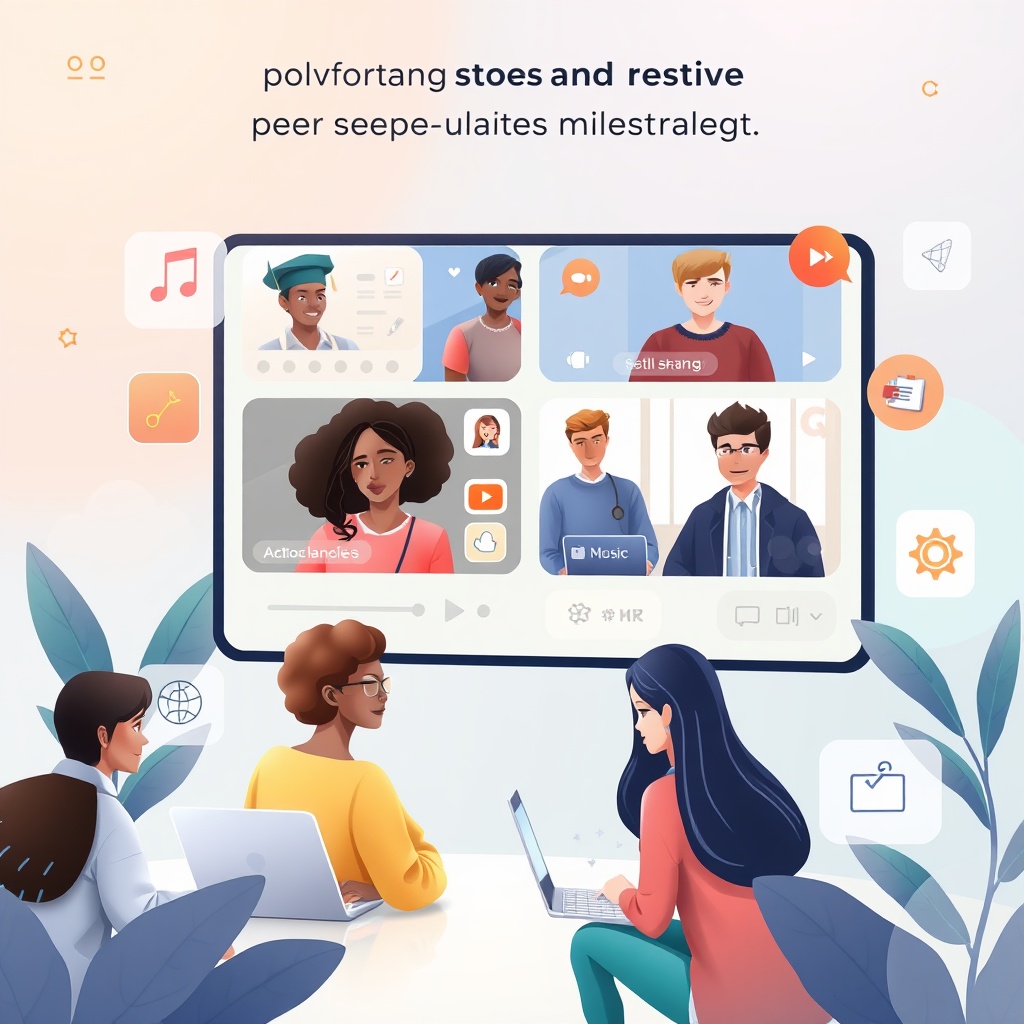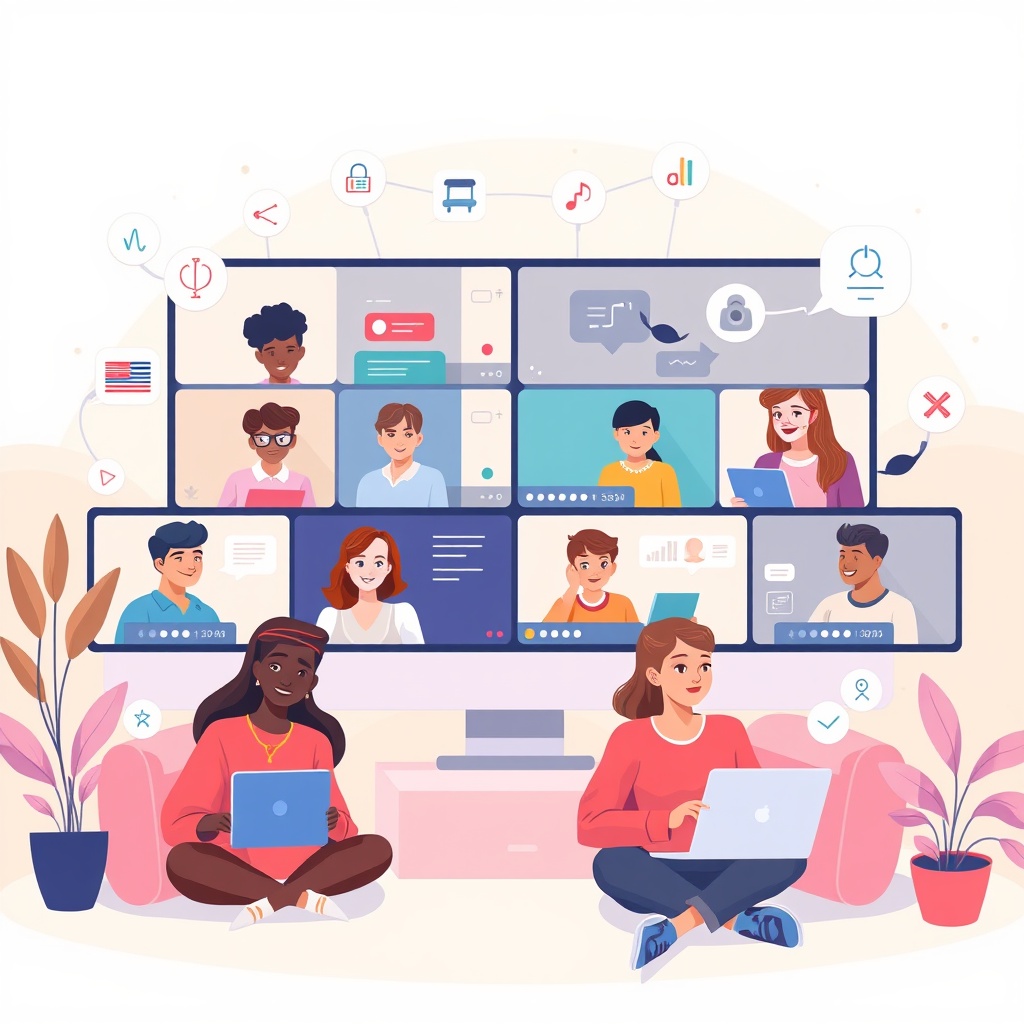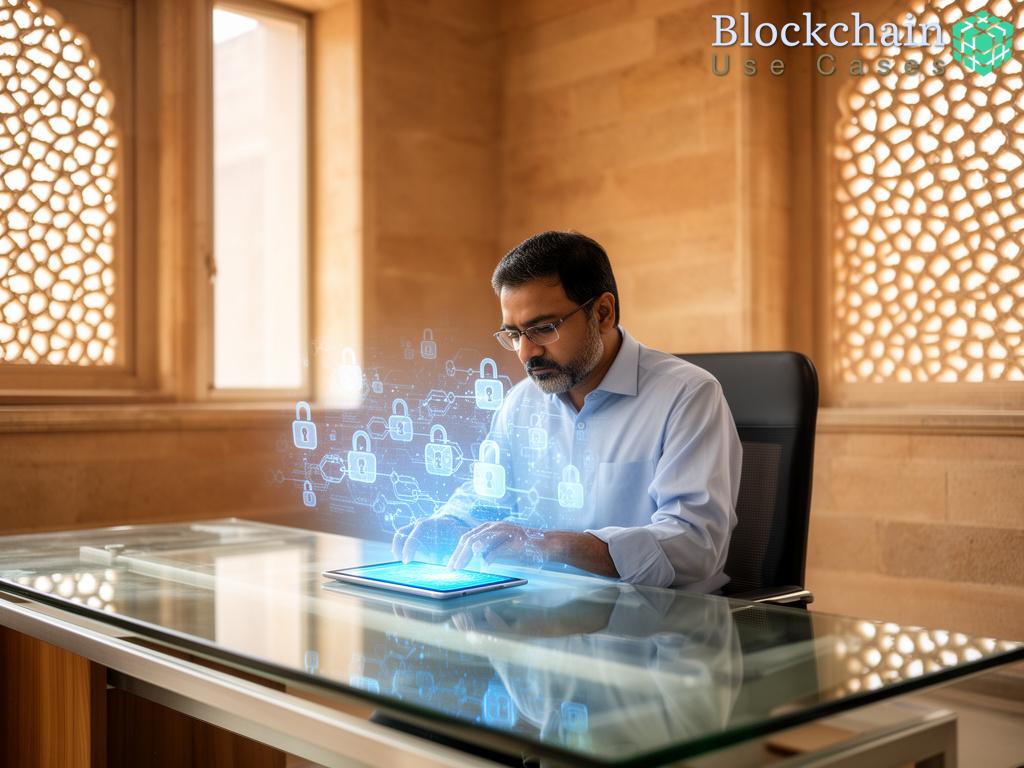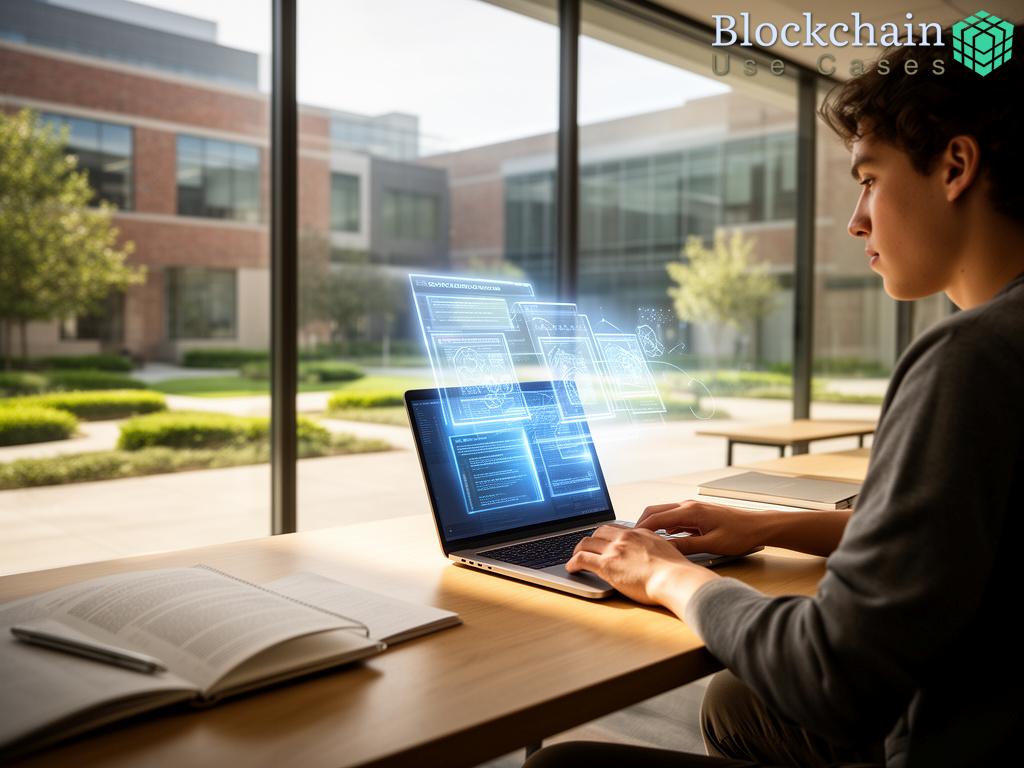Revolutionizing Learning Through Decentralization

The advent of decentralized platforms has heralded a new era for peer-to-peer tutoring and skill exchange. With the capabilities of blockchain technology, these platforms not only facilitate seamless transactions but also ensure transparency and security in educational exchanges. This paradigm shift empowers learners and educators alike, allowing them to interact directly without the constraints imposed by traditional educational institutions.
A Comparative Analysis of Leading Platforms
As the decentralized education landscape matures, several platforms have emerged, each with unique features catering to diverse learning needs. Below is a concise comparison of some notable platforms that embody the principles of peer-to-peer tutoring and skill exchange:
- EduCoin: Leveraging cryptocurrency for transactions, EduCoin rewards tutors with tokens that can be exchanged for services or goods.
- SkillShare: A platform focused on skill exchange, allowing users to barter their skills in a community-driven marketplace.
- Learniverse: Utilizing a decentralized framework, Learniverse fosters collaborative learning experiences and peer evaluations.
Challenges and Opportunities in Decentralized Education
While the potential for decentralized platforms seems boundless, several challenges persist. Issues such as regulatory compliance, user trust, and the need for a robust technological infrastructure must be addressed. Nevertheless, the opportunities presented by these platforms are equally significant. By harnessing the collective intelligence and skills of users, these platforms can create a vibrant ecosystem that promotes lifelong learning and adaptation to rapidly changing job markets.





